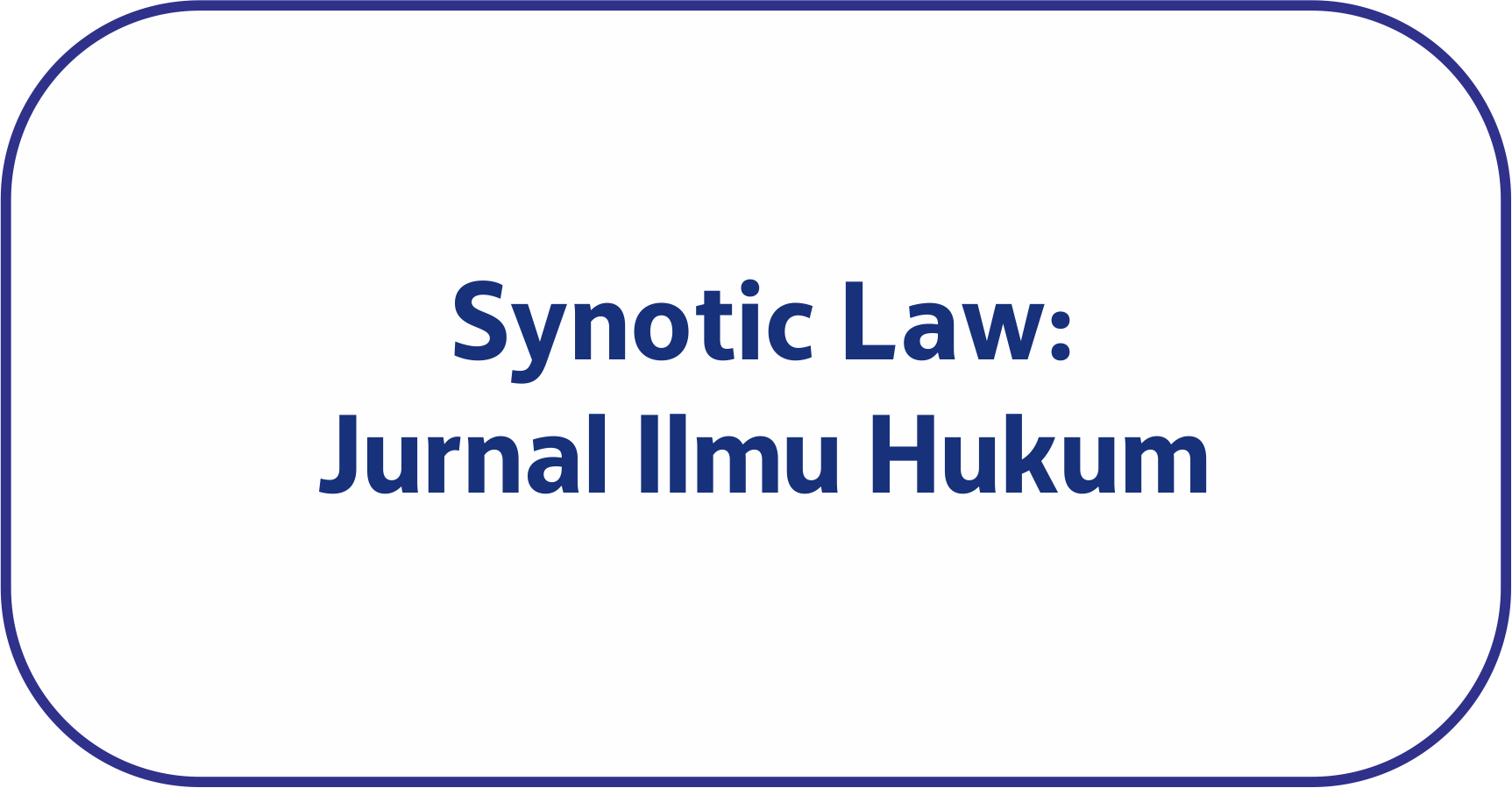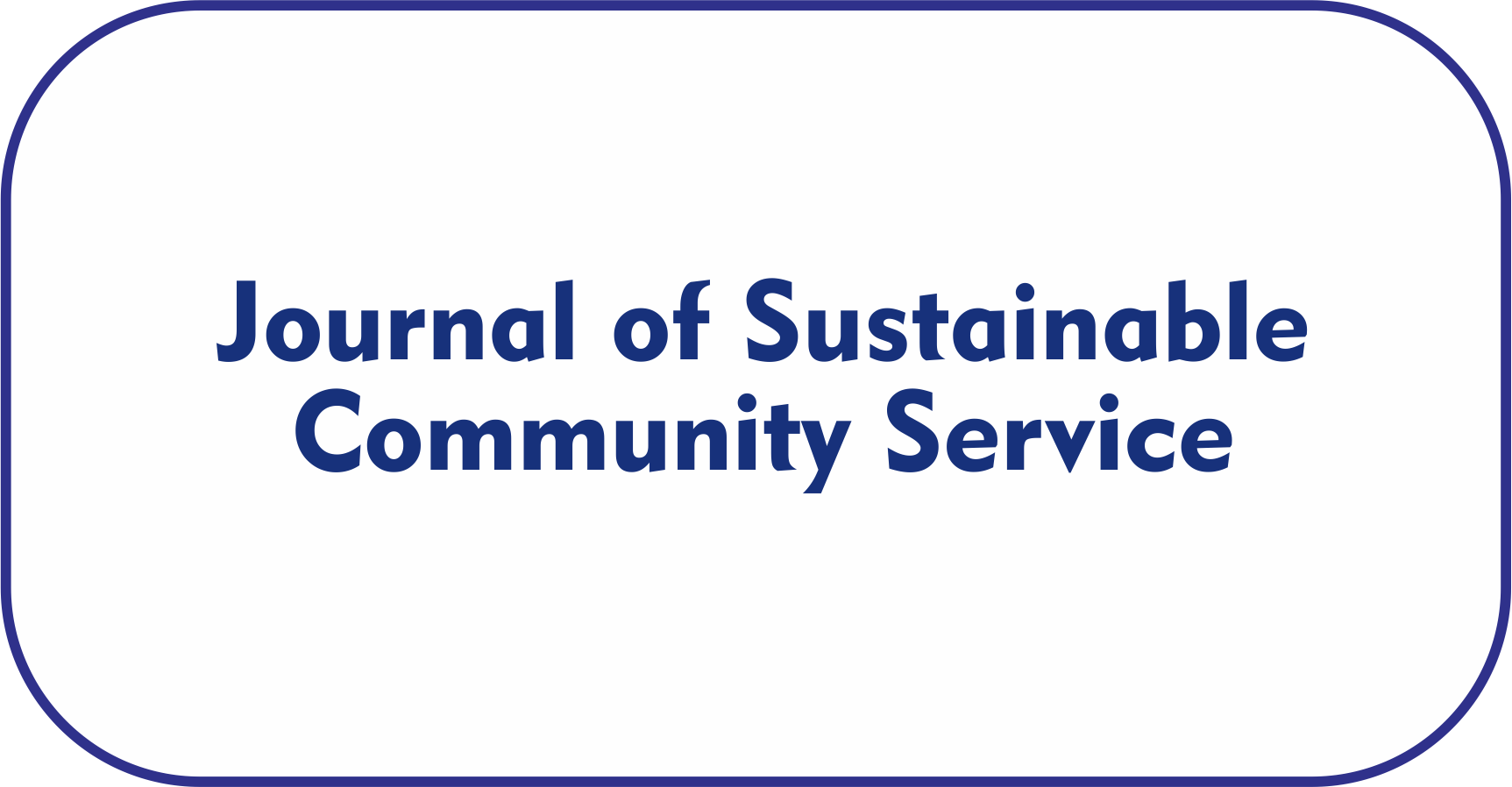EFFECT OF PUBLIC SECTOR ACCOUNTING IMPLEMENTATION IN FRAUD PREVENTION
Main Article Content
Fitrian Puji Arifah*
Supanji Setyawan
This study expects to find and portray the attributes of extortion that happen in the public area in the computerized time and foster models of use of Public Area Bookkeeping to forestall misrepresentation that happens in the public area in the advanced age. The exploration was a writing survey study obtained from articles as per the examination point for additional investigation. The outcomes showed that the attributes of extortion in the public area that happened in the advanced time incorporate the utilization of confusions with respect to the job of computerized innovation in the execution of public bookkeeping errands, the usage of advanced innovation to streamline open doors for misrepresentation, taking advantage of issues in human blunder and absence of information in the utilization of computerized innovation, utilizing advanced innovation items, to do misrepresentation. Utilization of Public Area Bookkeeping can forestall misrepresentation in the public area in the advanced period whenever executed by thinking about a few factors that impact extortion, like execution responsibility, and joined by the use of misrepresentation counteraction techniques which incorporate specialized methodologies, two worldview approaches, and preventive systems.
Andayani, W. (2007). Akuntansi Sektor Publik. Malang: Bayumedia Publishing.
Apni, U. (2019). Analisis Faktor-faktor Yang Mempengaruhi Terjadinya Personal Fraud Pada Perusahaan Finance Di Kota Pekanbaru. Universitas Islam Riau.
Belinda, P. A., & Costari, N. (2021). Pentingnya Implementasi Akuntansi Sektor Publik Dalam Suatu Instansi Pemerintahan. Jurnal Mahasiswa Akuntansi Unita, 1(1), 58–77.
Bharata, R. W., & Priyono, N. (2019). Badan Layanan Umum Sebagai Sebuah Entitas Akuntansi Sektor Publik. Prosiding Seminar Nasional Fakultas Ekonomi Untidar 2019.
Irawan, R. (2019). Pengaruh Kapasitas Sumber Daya Manusia, Pemanfaatan Teknologi Informasi Dan Pengendalian Intern Akuntansi Terhadap Keterandalan Pelaporan Keuangan (Studi Kasus Skpd Kab. Kepualauan Meranti). Universitas Islam Riau.
Kurniawati, E., & Raharja, S. (2012). Analisis faktor-faktor yang mempengaruhi financial statement fraud dalam perspektif fraud triangle. Fakultas Ekonomika dan Bisnis.
Kutluk, F. A. (2017). Behavioral Accounting and Its Interactions. In Accounting and Corporate Reporting–Today and Tomorrow.
Mardiana, A., & Jantong, A. (2020). PERANAN KOMITE AUDIT DALAM HUBUNGAN PRESSURE DAN FINANCIAL STATEMENT FRAUD. SEIKO: Journal of Management & Business, 3(3), 14–30.
McMahon, R., Pence, D., Bressler, L., & Bressler, M. S. (2016). New tactics in fighting financial crimes: Moving beyond the fraud triangle. Journal of Legal, Ethical and Regulatory Issues, 19(1), 16.
Muhtar, Sutaryo, & Sriyanto. (2018). Corruption in Indonesian local government: Study on triangle fraud theory. International Journal of Business and Society, 19(2), 536–552.
Pata, S. (2019). Pengaruh Faktor Demografi dan Red Flags terhadap Kemampuan Auditor dalam Mendeteksi Kecurangan dengan Professional Skeptisme sebagai Variabel Moderating (Studi pada Kantor Inspektorat Kota Makassar). Universitas Islam Negeri Alauddin Makassar.
Robain, W. (2020). Hirarki Potensial dan Pencegahan Fraud pada akad keuangan di Bank Syariah. Universitas Islam Negeri Sumatera Utara.
Ruankaew, T. (2016). Beyond the fraud diamond. International Journal of Business Management and Economic Research (IJBMER), 7(1), 474–476.
Septarini, D. F., & Papilaya, F. (2016). Interaksi komitmen organisasi terhadap faktor-faktor yang mempengaruhi kualitas laporan keuangan pemerintah daerah. Jurnal Ilmu Ekonomi & Sosial, 7(2), 100–116.
Setyowati, E. O. T., & Respati, A. D. (2017). Persepsi kemudahan penggunaan, persepsi manfaat, computer self efficacy, dan kepuasan pengguna sistem informasi akuntansi. Jurnal Riset Akuntansi Dan Keuangan, 13(1), 63–75.
Sula, A. E., & Alim, M. N. (2014). Pengawasan, strategi anti fraud, dan audit kepatuhan syariah sebagai upaya fraud preventive pada lembaga keuangan syariah. Journal of Auditing, Finance, and Forensic Accounting, 2(2), 91–100.
Supriyono, R. A. (2018). Akuntansi keperilakuan. UGM PRESS.











































